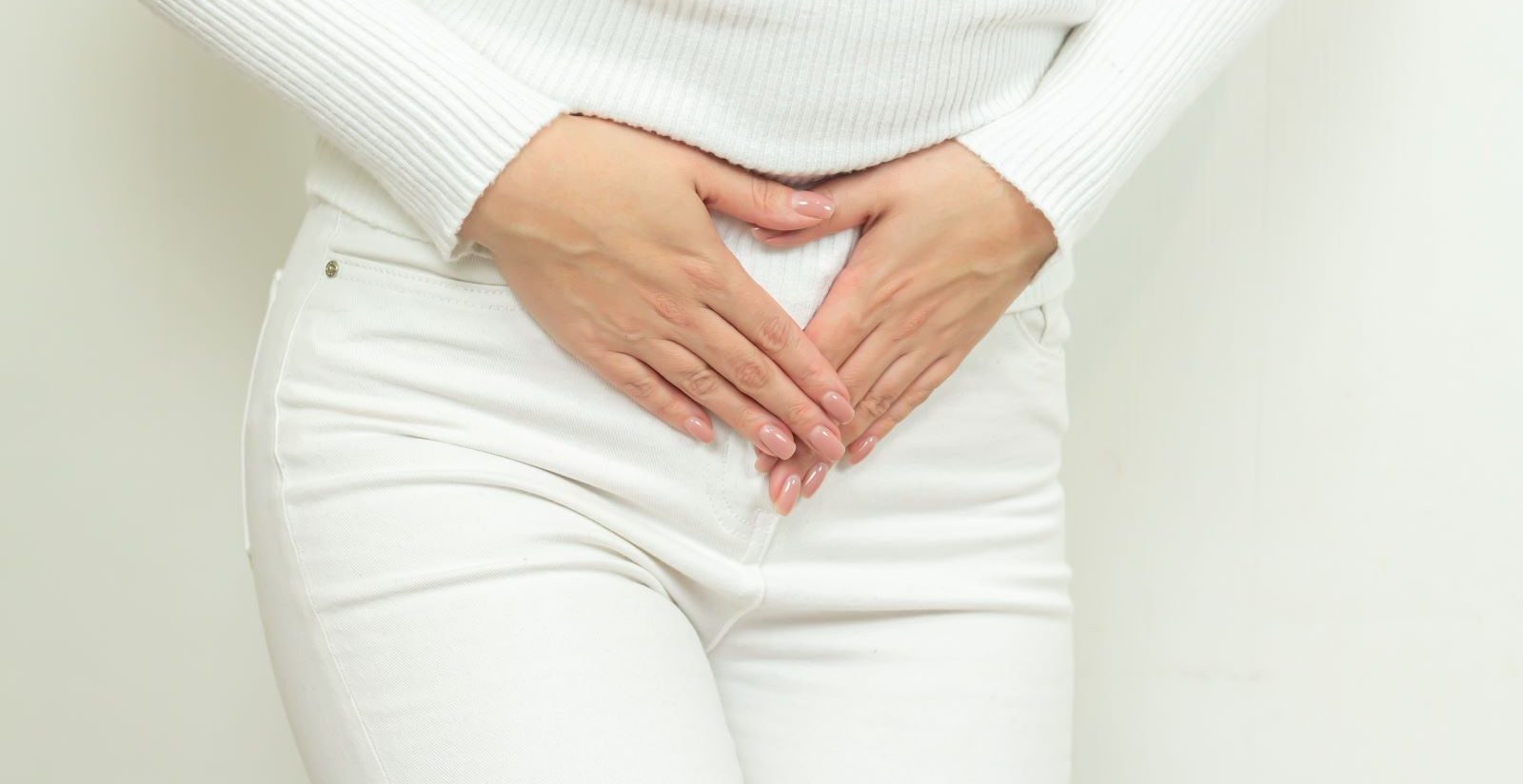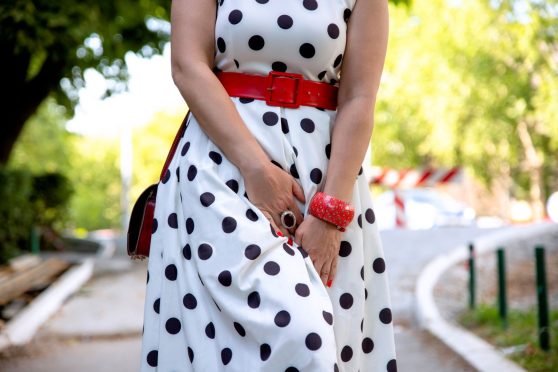As if the discomfort of menopause isn’t challenging enough, one in three older American women will also experience urinary leakage when they sneeze, cough or laugh.
This is called stress urinary incontinence. The condition is caused by weakness of the pelvic floor muscles due to childbirth, pelvic surgery and aging. Specialists with Hartford HealthCare, however, offer an effective technique that supports the tissues in the pelvic area and helps women control their bladder when sudden pressure is introduced.
“Urethral bulking agents have been used for stress urinary incontinence since the 1990s but have become a more popular way to address the weakness of the pelvic floor,” said Elisabeth Sappenfield, MD, a urogynecologist with Hartford HealthCare.
“Bulking agents are injected into the tissue surrounding the urethra, adding key volume that improves urethral function when sudden pressure is placed on the bladder,” she said.
Urologists and urogynecologists with Tallwood Urology & Kidney Institute use Bulkamid, the only non-particulate bulking agent in use to combat urinary incontinence. Composed of 97.5% water, the bulking effect is linked to the amount of gel injected. In contrast, particulate bulking agents inject microparticles in a gel into the body, creating a bulking effect through the body’s inflammatory response around the particles.
“The particulate bulking agents rely on the patient’s response to the microparticles, so it’s impossible to predict the final volume that will remain in her body,” Dr. Sappenfield said. “With Bulkamid, we control the amount injected, which controls the bulking effect.”
The injected gel is resistant to absorption and degradation in the body, simply forming a lasting network of fine fibers holding in place in the urethral wall.
Research shows that about 70% of women declared themselves cured of stress urinary incontinence 12 months after having Bulkamid injections.



